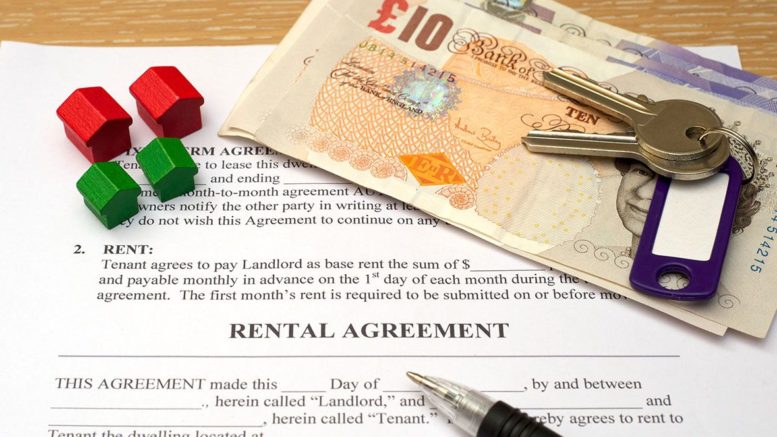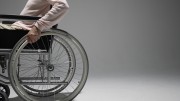The Department of Communities and Local Government (DCLG) have revealed that in the year between March 2015 and March 2016, the three deposit protection schemes, the Deposit Protection Service, Tenancy Deposit Scheme and mydeposits, resolved 28,100 disputes.
This is the highest number of disputes recorded and seems a vast number, but in fact represents only 0.82% of the deposits that are protected by the schemes. As deposit protection was introduced in 2007 following a campaign by Shelter who stated 50% of deposits were not returned, this small percentage could indicate that the schemes were forcing landlords not to keep deposits – unless, of course, Shelter’s statistics were not as reliable as the Government believed.
The Association of Independent Inventory Clerks (AIIC) state that 57% of claims feature cleaning, whilst 51% mention damage to fixtures and fittings. Not surprisingly, AIIC stress that having a detailed inventory is of great assistance in settling claims, which may mean a formal deposit dispute is avoided. They also believe that the protection schemes ‘are likely to place more weight on inventories and check-out reports that have been produced independently and professionally’. This may be so and is certainly what they would hope, earning a living as they do from selling their inventory services. You do not have to use the professional service, but landlords who ‘go it alone’ need to produce a very clear inventory, with dated photographs.
The Chair of AIIC, Patricia Barber, believes that ‘If landlords make sure tenants are issued with a detailed and thorough inventory at the beginning of the tenancy, then it’s easier for all parties to determine the condition of the property when the contract finishes’. This does however seem to ignore the effect tenants have on their properties, and the vital role that regular inspections of the property play. They allow the landlord to not only decide to end the tenancy at the earliest opportunity, but also provide evidence of the tenant’s way of living when a claim is made to the dispute resolution service.
That cleaning should figure so prominently in claims from the tenancy deposit protection schemes is surprising when insurers Direct Line for Business, have revealed that their research shows 30% of tenants renting property over the last 5 years, think that items provided by the landlord are theirs to take with them when they move out. Some will say that these are accidental thefts – the inventory is a vital tool in this, as is doing a check-out inspection with the tenant being present. The most common items stolen explain why many landlords now provide no furniture – fridges, freezers, televisions. These are highly portable items, and may be necessary in the next home, but perhaps more surprising are the instances of sinks being stolen. Why? Considerable effort is needed to remove a sink and no tenancy should be accepted which does not have the requisite number!
Surprising items are also reported as stolen, though there may be little sympathy for landlords who leave coconuts, a beehive or a rolling pin in properties and then note their loss on the check-out inventory to make a claim from the tenancy deposit protection scheme.
Landlords estimate that the cost of replacing stolen items is over £500. Combined with cleaning costs (and the necessary repairs, should a sink have been removed!), the landlord is left with considerable expense to bring the property back to the standard it was. Future tenants will find that landlords are less likely to provide quality electrical items, thereby making it harder for some in need of basic necessities.
That a third of tenants seem to have no qualms about taking items which do not belong to them is a sign of the times and AIIC inventory services are a useful tool in combating this. But it is not the only tool. Property inspections, taking care with what is provided, also play their part. With tenants who steal items, leave properties dirty and damaged beyond what is fair wear and tear, it is safe to assume that deposit disputes will continue to rise – perhaps this year will break even more records, though that is hardly good news for landlords.
For advice on buy to let issues – General Knowledge








Be the first to comment on "Deposit Disputes Rising"